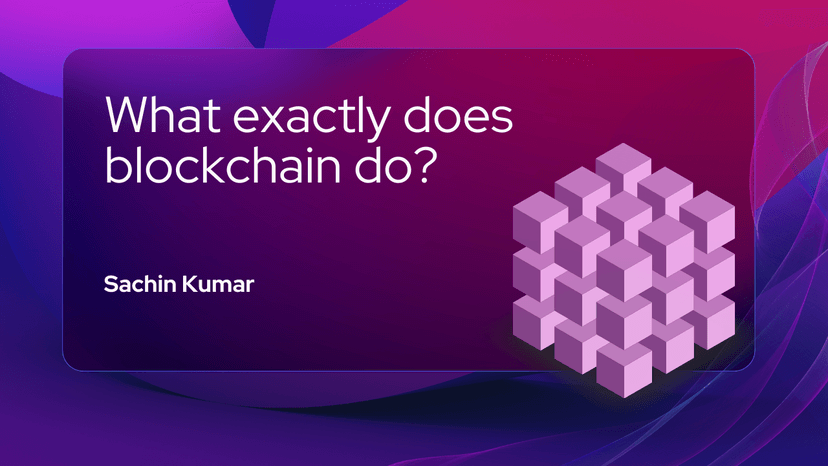Blockchain technology has emerged as one of the most groundbreaking innovations of the 21st century. Initially known for its role in powering cryptocurrencies like Bitcoin, blockchain is now recognized as a powerful tool for securing transactions, enhancing transparency, and revolutionizing industries. But what exactly does blockchain do, and how does it work? In this article, we’ll break down the key aspects of blockchain technology, its benefits, and its potential impact across various sectors.
What is Blockchain?
At its core, blockchain is a decentralized and distributed digital ledger that records transactions across a network of computers. These transactions are grouped together in “blocks,” and once a block is filled, it is added to a chain of previous blocks—hence the name, blockchain. Each block is secured through cryptographic techniques, making the data tamper-proof.
Blockchain technology ensures that the data stored on it is transparent, secure, and accessible to all participants in the network without the need for a central authority.
Key Functions of Blockchain Technology
Records Transactions Permanently Blockchain provides a secure and permanent way to record transactions. Once data is entered into a block, it is nearly impossible to alter or delete it. This creates an immutable and transparent history of transactions, whether they are financial transfers, contracts, or other forms of data exchange.
Ensures Transparency Blockchain creates a transparent environment where all participants in the network can view every transaction in real-time. This openness is especially beneficial for industries like finance, supply chain, and governance, where transparency and accountability are critical.
Eliminates the Need for Intermediaries Blockchain allows peer-to-peer transactions without the need for intermediaries such as banks, brokers, or government agencies. This reduces transaction fees, speeds up processes, and creates trust between parties without requiring a third-party mediator.
Supports Smart Contracts Blockchain enables the use of “smart contracts,” which are self-executing contracts where the terms and conditions are written directly into code. These contracts automatically execute when predefined conditions are met, eliminating the need for manual enforcement and reducing the risk of fraud.
Blockchain technology is much more than the backbone of cryptocurrencies. It offers a decentralized, secure, and transparent way to record and verify transactions, making it a powerful tool across various industries. By eliminating intermediaries, enhancing security, and enabling innovations like smart contracts, blockchain is positioned to drive the future of digital transformation.
If you're interested in staying updated on the latest developments in blockchain, crypto, and decentralized technology, follow AltCoiners.live for the latest news, insights, and updates!





